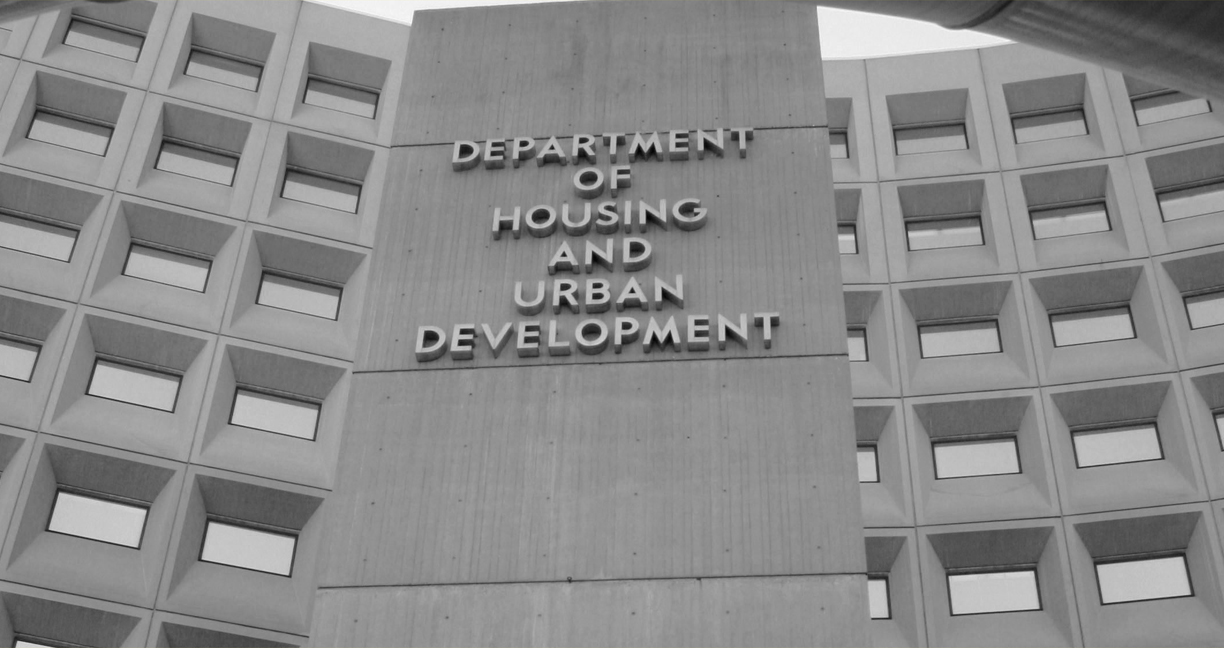One common question from landlords and property managers is whether they are permitted to request supporting information from tenants who have made an accommodation request under the federal Fair Housing Act. The stakes for owners and property managers here are high—a single misstep can lead to a costly discrimination claim.
Thankfully, HUD—
the Department of Housing and Urban Development —has given some pretty clear guidance on this issue. Generally speaking, the inquiries that you may make—and the verifying information that you may require—depends on the degree to which the requester’s disability or the disability-related need for the accommodation is either obvious or known. The following is an overview of the guidance that HUD has provided regarding responding to a reasonable accommodation request:
- If the requester’s disability is obvious, or known to you, and the need for the accommodation is also readily apparent or known, then you may not request any additional information about the disability or the disability-related need for the accommodation. Example: An applicant with an obvious vision impairment requests an accommodation to a property’s “no pets” policy to allow the applicant’s seeing eye dog in his unit. Here, you may not require the applicant to provide any additional information about the disability or the disability-related need for the accommodation.
- If the requester’s disability is known or readily apparent, but the need for the accommodation is not readily apparent or known, then you may request only information that is necessary to evaluate the disability-related need for the accommodation. Example: An applicant who uses a wheelchair makes a reasonable accommodation request to allow an assistance dog in her unit even though the property has a “no pets” policy. Here, even though the applicant’s disability is readily apparent, the need for the accommodation is not obvious—thus, you may ask the applicant to provide information about the disability-related need for the dog.
- If the requester’s disability is not obvious, then you may request reliable disability-related information that: 1) is necessary to verify that the requester has a disability within the meaning of the Fair Housing Act; 2) describes the needed accommodation; and 3) shows the relationship between the requester’s disability and the need for the requested accommodation. This information can usually be obtained directly from the requester, or from a medical professional, peer support group, non-medical service agency, or other reliable third party. Under most circumstances, an individual’s medical records or detailed information about the nature of a person’s disabilities will not be necessary.




